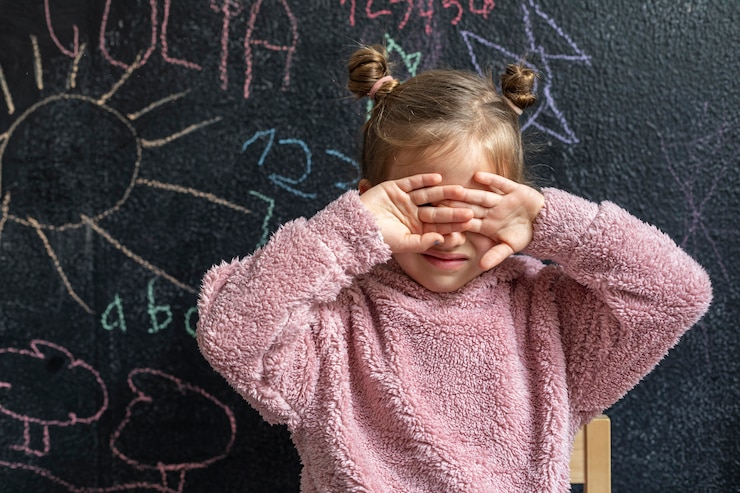Childhood trauma refers to adverse experiences that occur during a person’s formative years and can have a lasting impact on their emotional and psychological well-being. If you suspect that your partner may have childhood trauma, it is essential to approach the topic with sensitivity and understanding. In this article, we will explore ten signs that may indicate your partner has experienced childhood trauma, helping you navigate your relationship with compassion and support.
Here are Signs She Has Childhood Trauma:
- Difficulty Trusting Others
One of the common signs of childhood trauma is difficulty trusting others. If your partner displays hesitation in trusting you or struggles to establish deep emotional connections, it may be an indicator of past experiences that have led to a mistrust of others.
- Intense Emotional Responses
Individuals with childhood trauma may exhibit intense emotional responses to certain triggers. They may experience heightened anxiety, anger, or fear in situations that remind them of past traumatic events. These emotional reactions can be overwhelming and may require patience and understanding from their partner.
- Avoidance of Certain Situations or Places
Avoidance behaviors can be an indication of childhood trauma. If your partner consistently avoids specific situations, places, or activities that may trigger memories or emotions associated with their past trauma, it suggests they are trying to protect themselves from potential distress.
- Difficulty Regulating Emotions
Childhood trauma can disrupt emotional regulation skills. If your partner struggles to regulate their emotions, experiences frequent mood swings, or has difficulty expressing their feelings in a healthy manner, it may be a sign of unresolved childhood trauma.
- Hypervigilance or Hyperarousal
Individuals who have experienced childhood trauma may exhibit hypervigilance or hyperarousal as a coping mechanism. They may constantly be on edge, easily startled, or have an intense need to control their environment as a way to feel safe.
- Self-Destructive Behavior
Childhood trauma can lead to self-destructive behaviors as a way to cope with emotional pain. If your partner engages in self-harm, substance abuse, or other self-destructive habits, it may be an indication of underlying trauma that requires professional support and understanding.
- Difficulty Establishing Boundaries
Boundary issues can be a result of childhood trauma. Your partner may struggle to establish healthy boundaries, either by being overly accommodating or having difficulties asserting their own needs and desires. Respecting and reinforcing clear boundaries in the relationship can help create a sense of safety and trust.
- Chronic Feelings of Guilt or Shame
Childhood trauma often leaves individuals with deep-rooted feelings of guilt or shame. Your partner may have a persistent sense of unworthiness or may constantly blame themselves for past events. Supporting them with empathy and reassurance can help address these feelings.
- Relationship Challenges
Childhood trauma can impact one’s ability to form and maintain healthy relationships. Your partner may struggle with intimacy, have difficulties with vulnerability, or display patterns of emotional withdrawal or clinginess. Patience, understanding, and open communication are crucial in navigating these challenges.
- Seeking Control or Perfectionism
Childhood trauma can lead to a strong desire for control as a way to cope with feelings of helplessness. Your partner may exhibit perfectionistic tendencies, needing everything to be in order or feeling a sense of distress when things don’t go as planned. Supporting them in relinquishing control and embracing imperfection can be beneficial.
Recognizing the signs of childhood trauma in your partner is an important step in understanding their experiences and providing the support they may need. It’s crucial to approach the topic with empathy, respect their boundaries, and encourage them to seek professional help if necessary. Building a foundation of trust, patience, and open communication can help foster a healing environment and contribute to the growth and well-being of your relationship.










